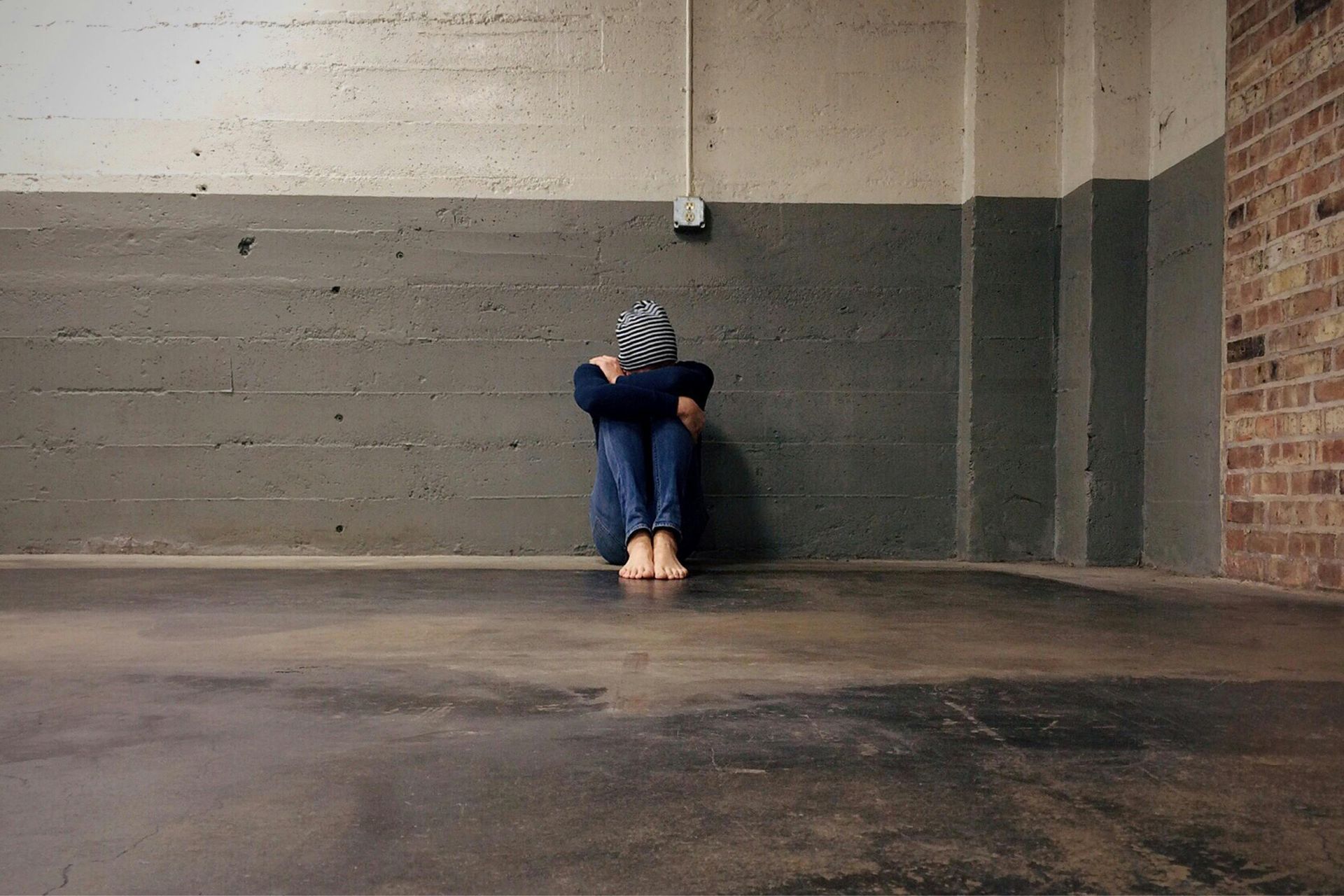Non-Married Custody Cases in Ohio
Custody cases involving parents who were never married can be complex, as they raise unique legal issues related to parental rights and responsibilities. In Ohio, unmarried parents face many of the same legal challenges as married parents when determining child custody, parenting time, and child support, but there are distinct differences in how the law applies. Understanding these differences is crucial for ensuring that both parents’ rights are protected and that decisions are made in the best interests of the child.
Parental Rights for Unmarried Parents in Ohio
Ohio law recognizes that unmarried parents have the same rights and obligations toward their children as married parents. However, because unmarried parents do not have the legal presumption of joint parental rights, custody and visitation arrangements must be determined through the courts, often starting with the establishment of paternity.
Under Ohio Revised Code § 3109.042, the mother of a child born to unmarried parents is the child’s sole legal custodian until a court issues an order granting parental rights to the father. This means that, by default, the mother has legal custody of the child and can make decisions regarding the child’s upbringing without needing the father’s consent. However, the father has the right to seek legal recognition of his parental rights, including custody or visitation.
Establishing Paternity in Ohio
The first step in any custody case involving unmarried parents is establishing paternity. Paternity must be legally recognized before a father can assert his parental rights, including the right to seek custody or visitation.
There are several ways to establish paternity in Ohio:
Acknowledgment of Paternity Affidavit: If both parents agree on the identity of the child’s father, they can sign an Acknowledgment of Paternity Affidavit. This is a legal document that acknowledges the man as the father of the child and grants him parental rights. The affidavit is typically signed at the hospital after the child’s birth or at a later date at the local child support enforcement agency. Once signed, the affidavit establishes the father’s legal paternity, allowing him to seek custody or visitation rights. Under Ohio Revised Code § 3111.25, this affidavit has the same legal effect as a court order establishing paternity.
Administrative Paternity Order: If the parents do not voluntarily acknowledge paternity, either parent or the child support enforcement agency can request a paternity test. If the test confirms that the man is the biological father, an administrative order of paternity can be issued by the Ohio Department of Job and Family Services (ODJFS), which establishes the father’s legal paternity.
Court-Ordered Paternity: If paternity is disputed, a parent can file a complaint with the court to establish paternity. The court may order genetic testing to determine whether the man is the biological father. If the test confirms paternity, the court will issue an order establishing the father’s legal rights and responsibilities.
Once paternity is established, the father can pursue custody, visitation, and child support orders.
Sole Custody vs. Shared Parenting
When determining custody for unmarried parents, Ohio courts may award either sole custody or shared parenting. The decision is based on what will best serve the child’s interests.
Sole Custody
In sole custody arrangements, one parent is granted legal and physical custody of the child. This means that the custodial parent has the right to make major decisions about the child’s upbringing, including education, healthcare, and religious upbringing. The non-custodial parent may still be granted visitation rights but does not have the authority to make these decisions.
Shared Parenting (Joint Custody)
Shared parenting, also known as joint custody, involves both parents sharing the rights and responsibilities of raising the child. Under a shared parenting plan, both parents are involved in making significant decisions for the child, and the child spends time living with both parents. Ohio Revised Code § 3109.04 allows the court to approve a shared parenting plan if it is in the child’s best interests.
In shared parenting arrangements, the court will typically approve a parenting plan submitted by the parents that outlines the responsibilities of each parent, including the child’s living arrangements, decision-making authority, and visitation schedule. If the parents cannot agree on a plan, the court may impose its own.
Visitation (Parenting Time)
If the court awards one parent sole custody, the non-custodial parent is generally granted visitation, or "parenting time," unless the court finds that visitation would not be in the child’s best interests. Ohio Revised Code § 3109.051 governs visitation rights and provides guidelines for how courts should structure parenting time.
The visitation schedule will depend on the specific circumstances of the case, including the child’s age, the parents’ schedules, and the distance between the parents’ homes. In most cases, the court encourages frequent and meaningful contact between the child and both parents, unless there are safety concerns, such as domestic violence or substance abuse.
In some situations, the court may order supervised visitation, meaning that the non-custodial parent can only see the child while supervised by a third party. This may occur if there are concerns about the child’s safety, but the court still believes it is important for the child to maintain a relationship with the non-custodial parent.
Child Support in Non-Married Custody Cases
Once paternity is established, both parents are legally obligated to support their child financially, regardless of their marital status. Ohio law requires that child support be calculated based on a standardized formula that takes into account both parents’ incomes, the number of children involved, and other factors related to the child’s needs.
How Child Support is Calculated
Child support in Ohio is governed by Ohio Revised Code § 3119, which provides a statutory formula for calculating the amount of support that each parent must contribute. The formula is based on the combined income of both parents and allocates a proportionate share of that income to the child’s needs. The court may also consider additional factors, such as:
Childcare expenses
Educational expenses
Health insurance premiums
Extraordinary medical costs
The parent with primary custody (or the parent with whom the child primarily resides) typically receives child support payments from the non-custodial parent. However, in shared parenting arrangements, the court may adjust the support obligation based on the amount of time the child spends with each parent.
Deviation from the Standard Calculation
While Ohio courts follow the statutory guidelines for calculating child support, the court has discretion to deviate from the standard calculation if it determines that the guideline amount would be inappropriate or unjust.
Ohio Revised Code § 3119.23 outlines factors that may justify a deviation, including:
One parent relocating to a different city or state

Changes in the child’s needs, such as educational or medical issues

One parent’s inability to provide a stable home environment

Parental misconduct, such as substance abuse or neglect

When modifying a custody order, the court will once again apply the best interests of the child standard and consider the factors outlined in Ohio Revised Code § 3109.04(F).
Modifying Child Support Orders
Similarly, child support orders may be modified if there has been a substantial change in circumstances, such as:
- A significant increase or decrease in either parent’s income.
- A change in the child’s needs, such as medical expenses or educational costs.
- Changes in the amount of parenting time each parent has with the child.
To modify child support, the parent seeking the change must file a motion with the court and provide evidence of the change in circumstances. The court will then recalculate the child support amount based on the new circumstances, following the guidelines set forth in Ohio Revised Code § 3119.
Non-married custody cases in Ohio involve many of the same legal principles as custody cases involving married parents, but they also present unique challenges, particularly with regard to establishing paternity and defining each parent’s legal rights. Ohio law provides clear procedures for unmarried parents to establish custody, visitation, and child support, always with the goal of ensuring that decisions are made in the best interests of the child.
At Parks Legal, we understand the complexities of custody cases involving unmarried parents and are committed to helping our clients navigate the legal process. Whether you are seeking custody, visitation, or child support, or need assistance modifying an existing order, we can provide the legal guidance and support you need.
Contact us to schedule a consultation and learn more about how we can help you protect your parental rights and the well-being of your child.

